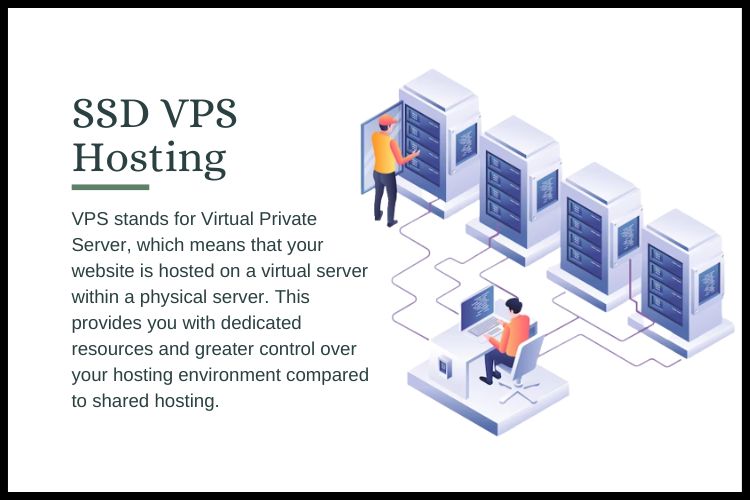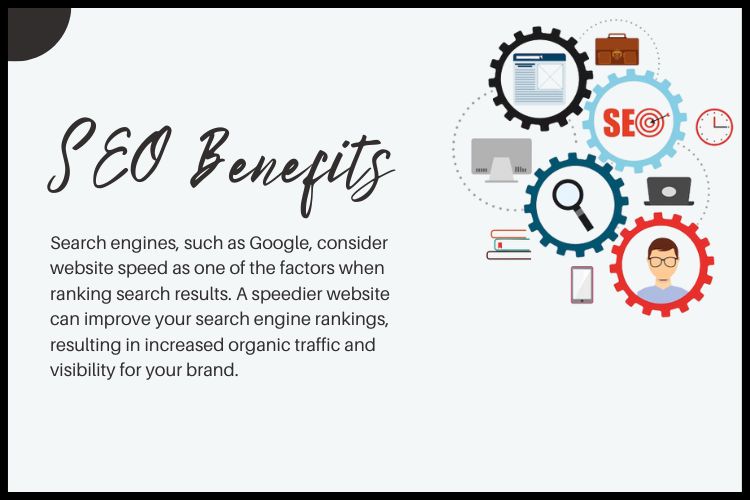
Boost your website’s speed with SSD VPS hosting
Summary

Article Name
Boost your website's speed with SSD VPS hosting
Description
In today's fast-paced digital world, speed is of the essence. Whether you run an e-commerce website, a personal blog, or a corporate site, a slow-loading webpage can lead to frustrated visitors, increased bounce rates, and lost opportunities.
Author
Iram
Publisher Name
SSD VPS Hosting
Publisher Logo


